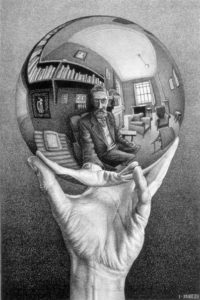Pagine
Iscriviti alla Newsletter
 invio in corso...
invio in corso...Condividi e segnala
Tag
- Althusser
- Antropologia
- Baumgarten
- Bourdieu
- Conceivability of Nothingness
- Conciliation
- corpo
- Derrida
- Dialectics
- Difference
- distinzione
- Europe
- Expression
- giudizio
- Grace
- Habitus
- Heidegger
- Hobbes
- Kant
- linguaggio
- Lyotard
- marxismo
- Medieval Aristotelianism
- Metaphysics
- Nature
- Negative
- Nichts
- nihil
- Nihilism
- nihil negativum
- nihil privativum
- Non-identical
- Nothing
- Nothingness
- onore
- politica
- postmoderno
- pratica
- riconoscimento
- Smith
- solitudine
- Sovranità
- Spinoza
- Thomas Aquinas
- Western Ontology
-
Articoli recenti
Link
Archivi tag: Hobbes
Hobbes e il riconoscimento. Antropologia, morale, politica
Francesco Toto
Nella riflessione hobbesiana la frontiera tra l’animale e l’umano è un confine poroso, che congiunge e separa. Da un lato, Hobbes prende le distanze da una visione dell’umano come una regione della natura separata dalle altre, e include tra i tratti che l’uomo condivide con gli altri animali non solo la sensazione indotta dall’azione dei corpi esterni, l’immaginazione o memoria derivante dall’attenuarsi della sensazione, il «discorso mentale» costituito dalla successione più o meno regolata delle immagini, l’esperienza accumulata attraverso la stratificazione e la connessione delle memorie, ma anche la previsione del futuro a … Continua a leggere
Pubblicato in Monografica
Lascia un commento
L’individualità dei corpi: Descartes e Hobbes.
This article investigates the opposing solutions provided by Descartes and Hobbes on the issue of human individuality. Both solutions need to be understood through the physical and metaphysical problem that both Descartes and Hobbes share: that is the problem of 'individual bodies'. Being confronted with this issue, the two thinkers face similar difficulties. The hypothesis maintained here is that the removal of the theoretical obstacles arising from the issue of the uniqueness of the extended substance - and the consequent impossibility of conceiving the existence of individual bodies - allows Descartes, and no less Hobbes, to elaborate a conception of the human being as a separate field that is distinguished from the rest of nature.
Pubblicato in Storia delle idee
Lascia un commento

